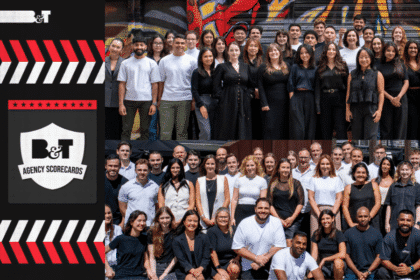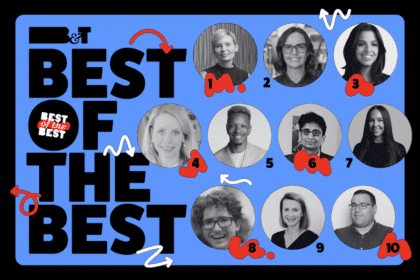In this latest installation of the Keep Talking series on B&T, Kara Glamore, Vice President ANZ Carnival, reflects on how we can shift the corporate culture. It starts with leadership valuing authenticity over perfection and creating a safe space for vulnerability.
As a 10-year-old growing up in the ’80s, how could I possibly understand the concept of someone taking their own life? It was a time when life felt infinite and mental health was a taboo topic, rarely discussed openly. When my uncle passed away at my young age, I wasn’t told the true cause of his death until I was in my late teens. My family thought it was best—for my well-being, for my aunts’ and cousins’ stability, and for the family’s reputation—to keep it silent for many years.
Since then, I’ve sadly said goodbye to numerous relatives, friends, and colleagues whose lives ended far too soon by their own choice. In most cases, it was unexpected, but always equally heart-wrenching and unsettling. Very recently, I lost a former team member who was far too young—a father of two children under the age of four, with a beautiful wife and a promising career ahead of him. From my perspective, he was a happy-go-lucky, hardworking, and kind person. His loss affected me deeply and stayed with me, especially as I was asked to contribute to the “Keep Talking” conversation.
When I reflect on mental health in the workplace, it’s clear how much one’s job can impact their well-being—for better or worse—and how these effects ripple through to those around them. Being in a full-time corporate role, I spend a significant amount of time with colleagues: collaborating, strategising, and building relationships over coffee and conversations. I lead a large team, and I often refer to them as my “work family”.
As a business leader, I’ve spent years focusing on productivity, performance, and profit—but for me, team is everything. It’s the heartbeat of the organisation, the engine that drives success, and my personal source of energy. Without my team, my role would be less valuable, less effective, and far less rewarding.
I feel one of the most important things a leader can do is create a culture where it’s okay not to be okay. And that starts with vulnerability. I’ve learned that sharing my own challenges—whether it’s the pressure of making tough decisions or moments of self-doubt—encourages others to open up. When people see that leadership values authenticity over perfection, it can change the entire dynamic of an organisation.
As a leader, it’s also important for me to keep on the pulse of how my team is feeling. How they are REALLY feeling. For many years, I’ve followed a simple but powerful practice: at the end of every one-on-one meeting with a direct report, I ask, “How are YOU? Are you good?” Over time, my team has come to know that when I ask, I’m truly ready to listen and support them if needed. Sometimes the response is lighthearted—”I’m good; had a great weekend”—and other times, the answers are more vulnerable and real. My goal is to create a safe space, whether or not they choose to share.
Mental health isn’t a personal issue we should leave at the door when we enter our professional lives—it’s deeply intertwined with how we work and how we thrive. When people are mentally healthy, they are more creative, more collaborative, and more resilient. They show up not just physically, but emotionally. And that energy is what drives businesses forward.
We have a responsibility—as leaders, as colleagues, and simply as human beings—to shift the corporate culture.
Let’s have real conversations.
Let’s lead by example.
Let’s put people first.
The bottom line?
Prioritising mental health isn’t just an act of compassion—it’s a strategy for sustainable success.








